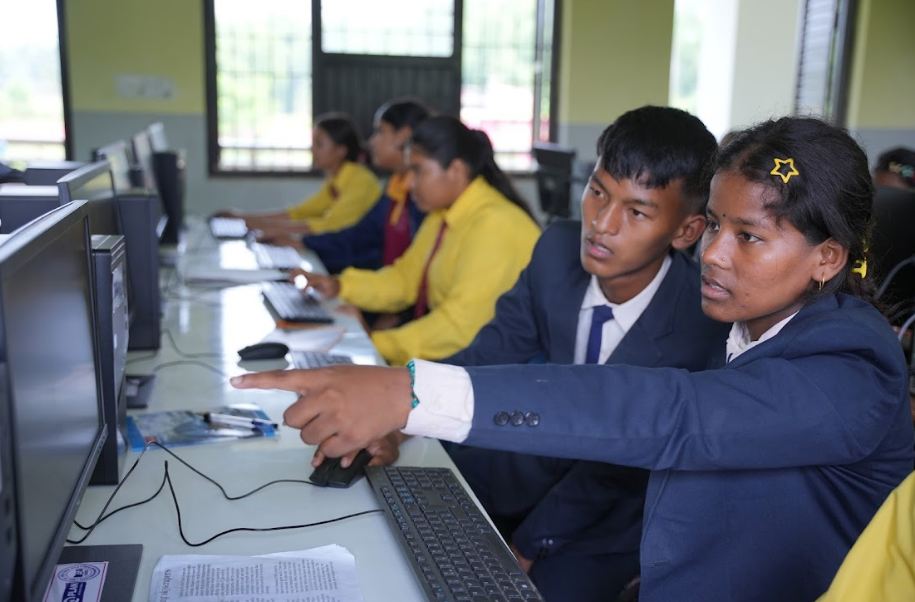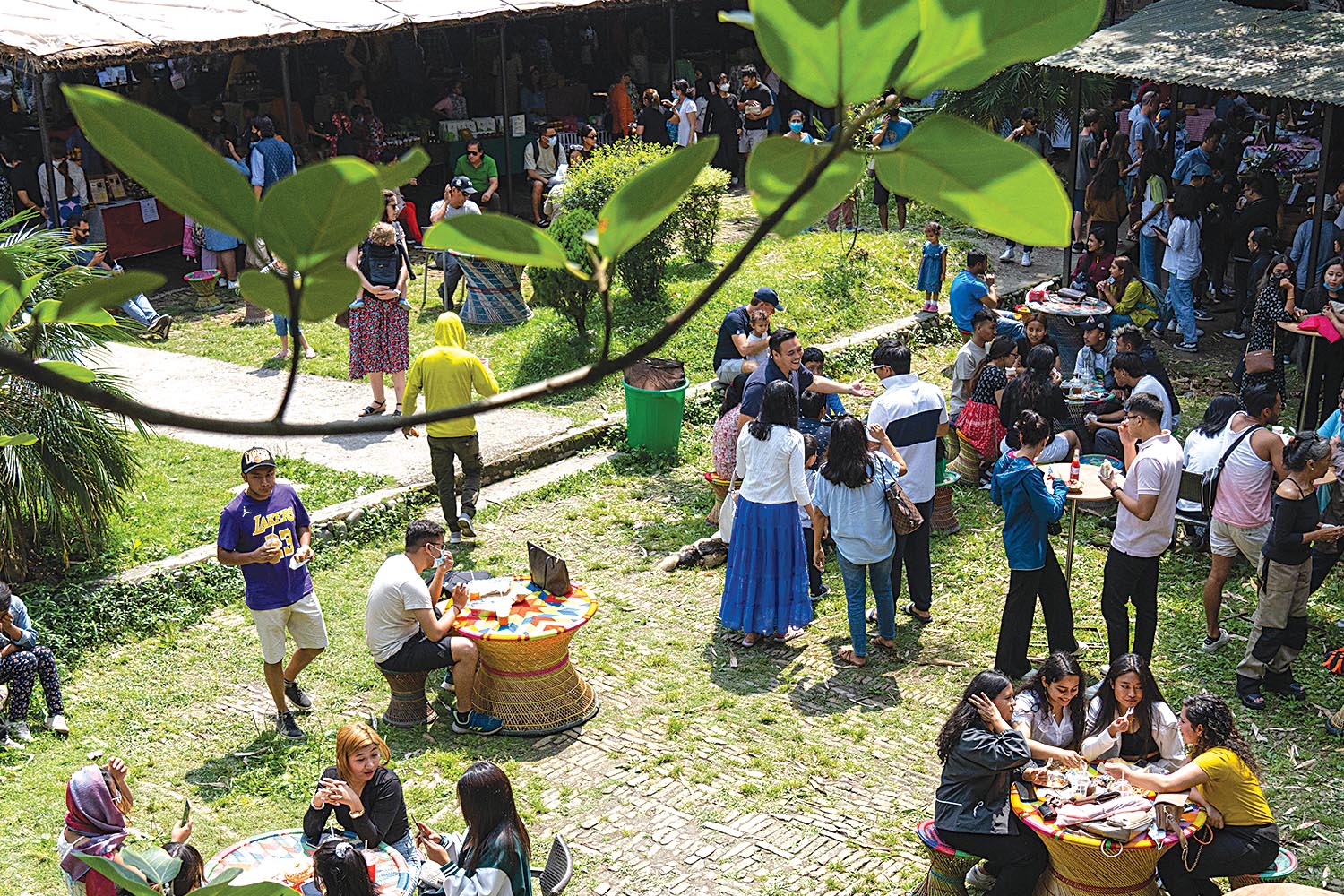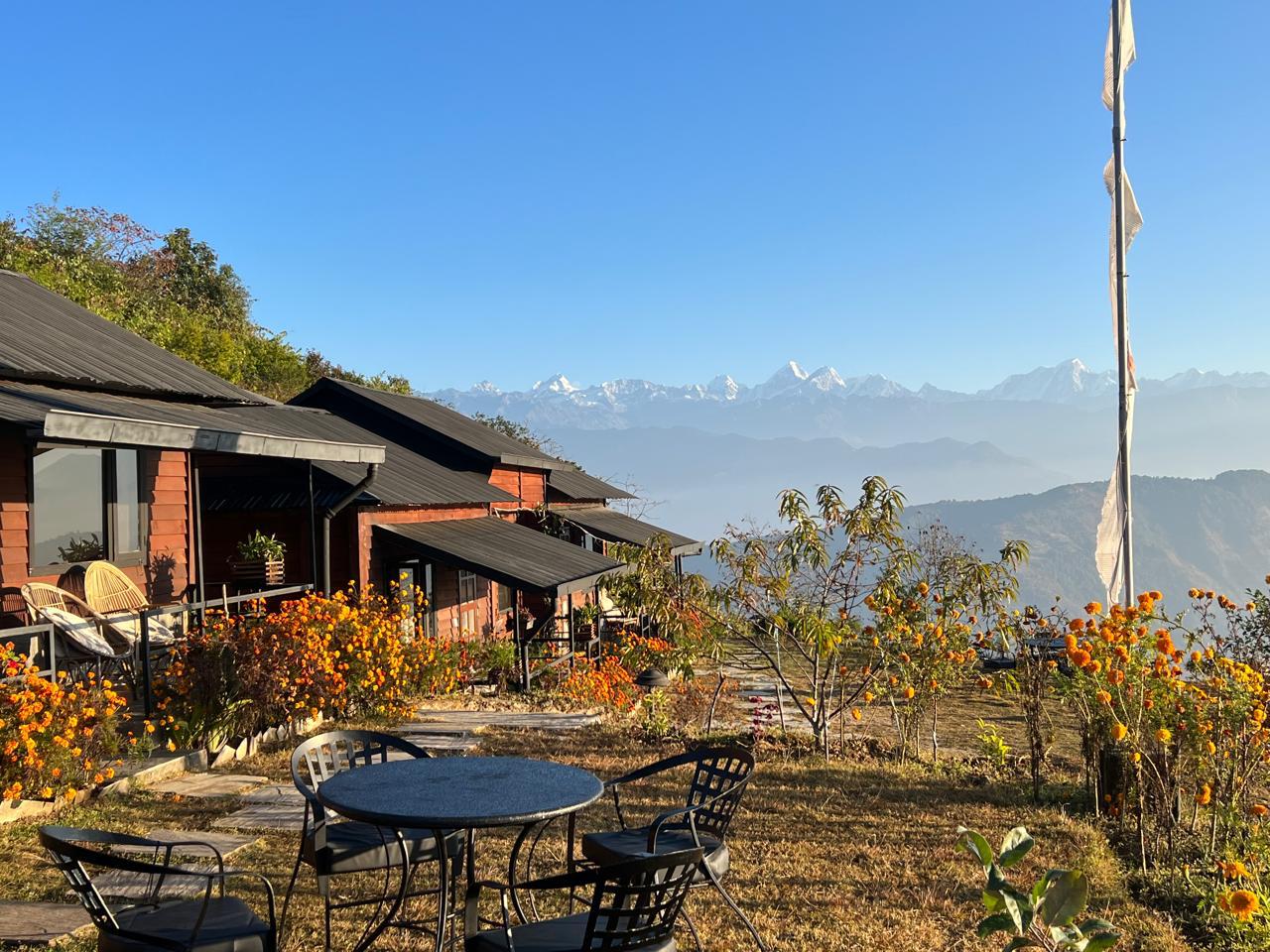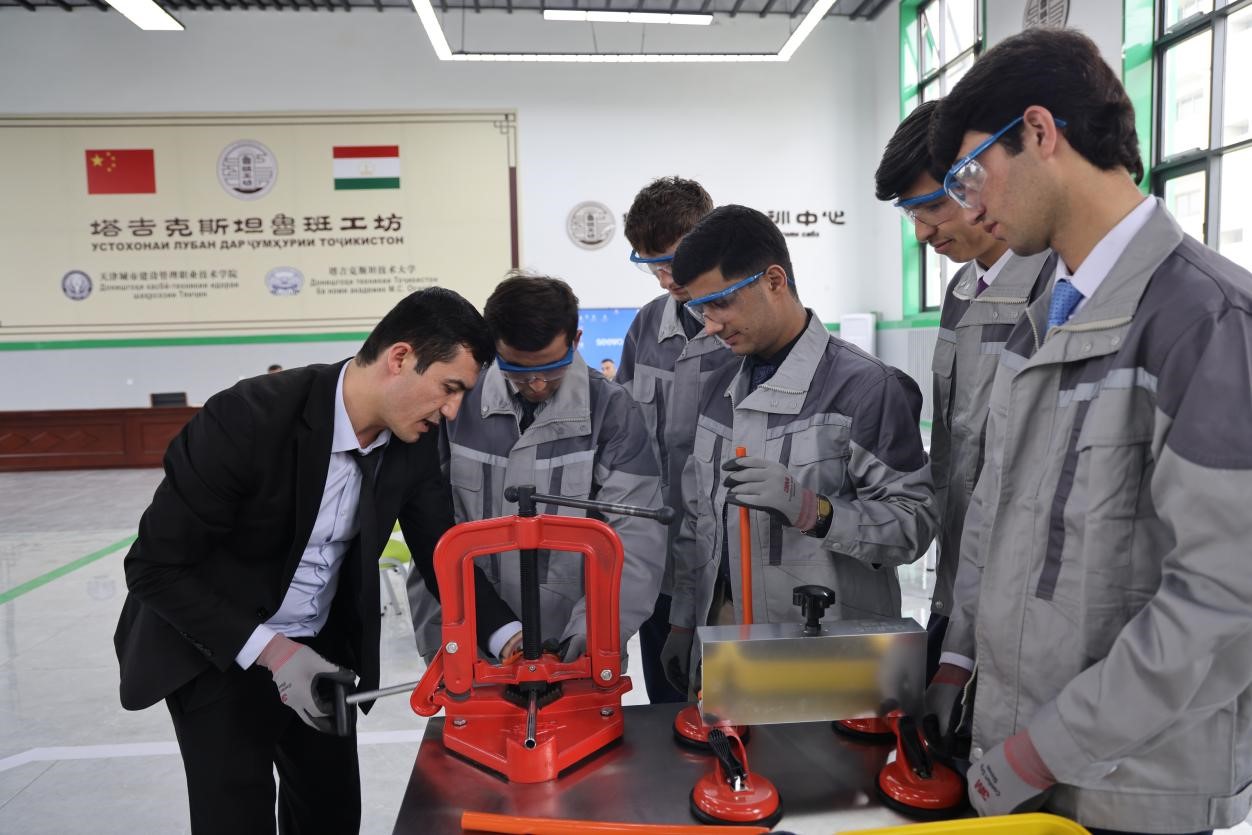Sponsored Content
Unleashing the Potential of Women Through Empowerment for Sustainable Development
On May 22, 2022, Ms. Khadga Maya Parajuli was appointed the Deputy Mayor of Arjundhara Municipality in Jhapa District. She was the first female to be appointed a role of such stature in this Municipality. She is an advocate for women’s rights and empowerment and a role model for women and youth who aspire to contribute to their communities and make a positive impact.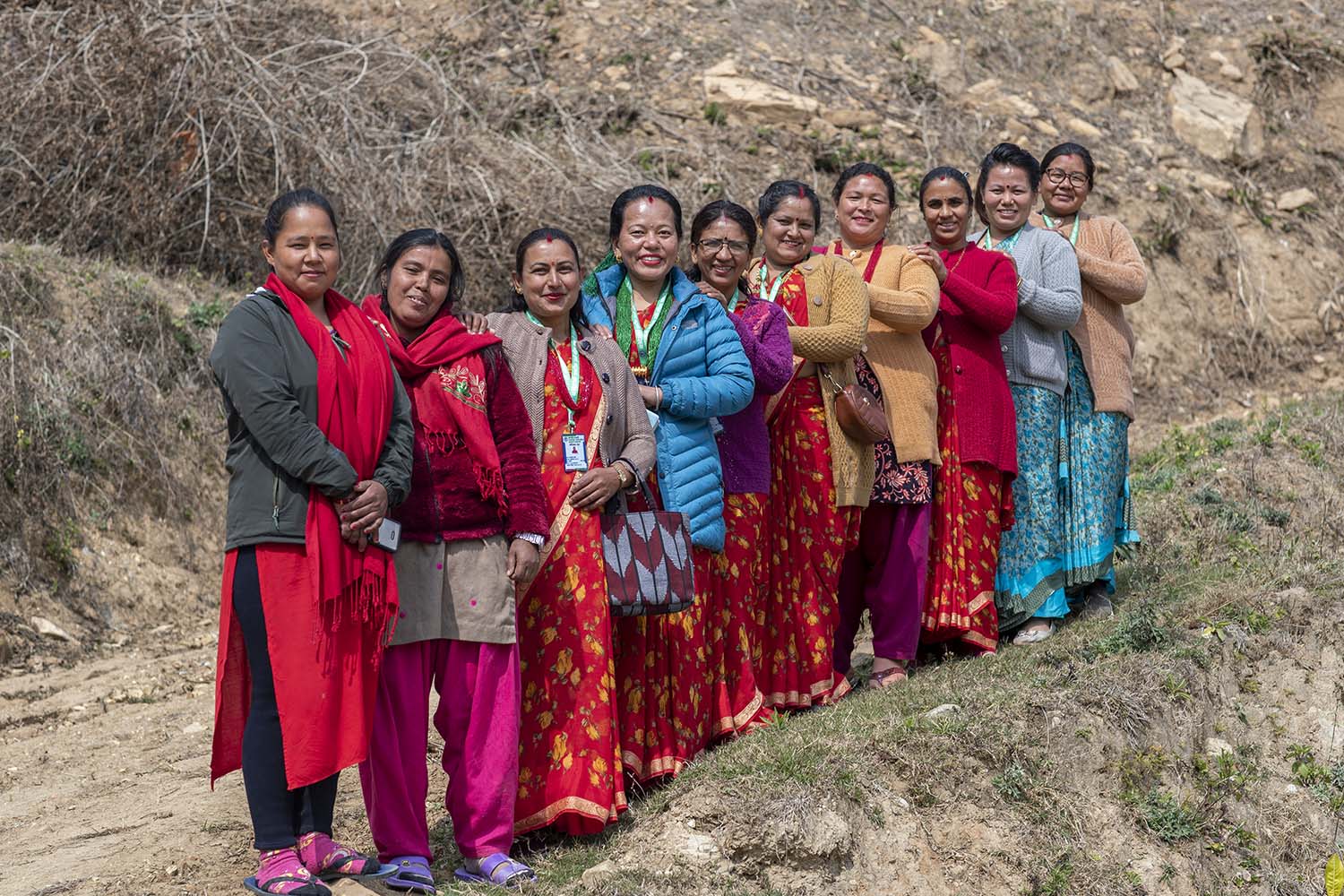
Prabin Gurung
Gender roles are still prevalent in Nepali society. Women are often expected to be homemakers and caretakers of children and elderly family members, while men are assigned the responsibility of being the breadwinners and decision-makers. According to World Food Programme Nepal’s Gender Brief 2021, the ratio of employed women to men is 59 to 100. There is still a big gap. Gender roles are deeply ingrained in the Nepali culture and are guided by the patriarchal and hierarchical society—men are given more power and privilege than women. The study on Women Empowerment in Nepal conducted by Heifer International clearly shows that men are willing to share the care work responsibility with women, but the social norms set by the hierarchical society makes it difficult for the transformation. These cultural and social norms are passed down through generations and have negative implications on women’s roles and responsibilities. Women continue to face discrimination and social exclusion in many areas, including education, employment, and politics.
However, in recent years, there has been increasing awareness and advocacy for women’s rights and gender equality. Nepal’s constitution also guarantees gender justice through women’s empowerment. Women are breaking free from traditional gender roles and pursuing different interests and careers. They are increasingly participating in a wide range of activities and making their voices heard in the public sphere.
While there is still a long way to go, the country is slowly but surely progressing toward greater gender equality and empowerment. The 2015 Constitution of Nepal recognizes and protects the rights of women. It includes several provisions aimed at promoting and protecting the rights of women and increasing their participation in political representation, public service, and other sectors. The constitution mandates one-third of the total members of the House of Representatives and State Assemblies must be women in all government bodies; including federal, provincial, and local governments.
A paradigm shift
Women’s access to resources, economic independence, and well-being is the need of the hour. We should empower women and promote women leadership so that we will be able to produce more Khadga Maya Parajulis and break gender stereotypes.
Various governmental and non-governmental organizations are working on leadership programs to provide training and mentorship to aspiring women. Just recently UNICEF launched the National Gender Equality Program with a slogan “Empowered Women, Prosperous Nepal” (Shashakta Mahila, Sambridhha Nepal) to empower women and girls. Likewise, the Government of Nepal is working with the Asian Development Bank and other development partners to promote gender equality and empower women for sustainable development.
Everyone is running their own race. However, we need to streamline approaches and design tailored programs that are sustainable and effective. We should take a holistic approach in addressing the challenges and systemic barriers that women face and involve them in every step of the decision-making processes—from design to implementation of these programs.
Heifer’s Self-Help Groups (SHGs) model is a good platform to implement such programs. SHG is a collective place where these women come together on a regular basis and discuss issues and ways to tackle them. The SHGs also provide members with the training, mentoring, and support that enables personal growth, group cohesion, new and strengthened skills, and ambition. Moreover, Heifer’s unique cornerstones training combines technical knowledge, social empowerment, and environmentally friendly approaches to create holistic and sustainable impact in communities to end hunger and poverty.
Heifer International believes in value-based holistic community development (VBHCD) — a locally led development model to fulfil its goal. The VBHCD approach focuses on the sustainability of the programs by introducing environmentally friendly and climate-smart agriculture practices to empower communities and become self-reliant. The participatory approach involves communities in the planning, implementation and evaluation phases of the programs, where communities are given the priority. Heifer works in a partnership model with local government, organizations, and stakeholders to leverage the resources and maximize the impact to promote gender equality and social equity.
According to the UN Women Nepal’s report, out of 14,000 elected women from the local, federal, and provincial elections, women hold only 2 percent of mayoral or chairperson positions while women hold 91 percent of deputy positions. However, the majority of the women still face an uphill battle to exercise their rights to political participation due to social norms and existing patriarchal value system.
In the 2017 elections, in the 22 districts in which Heifer worked, 248 women won elections for various local government positions, of which 230 were ward members. In 2022, the number almost doubled with more than 500 women from SHGs and Social Entrepreneurial Women’s Cooperatives (SEWCs) standing as candidates in local elections with 457 elected, two as Mayor, and more than 10 as Deputy Mayor/Vice Chair. These women are now running the show. Their experience in VBHCD is helping them drive fair and equitable development. They are the decision-makers in the planning, financing, and implementation of development programs in their communities. “Before joining Heifer programs, I was very shy and couldn’t speak in public,” says Ms. Parajuli. “Now, I am confident and can tell my story.”
Defying the odds
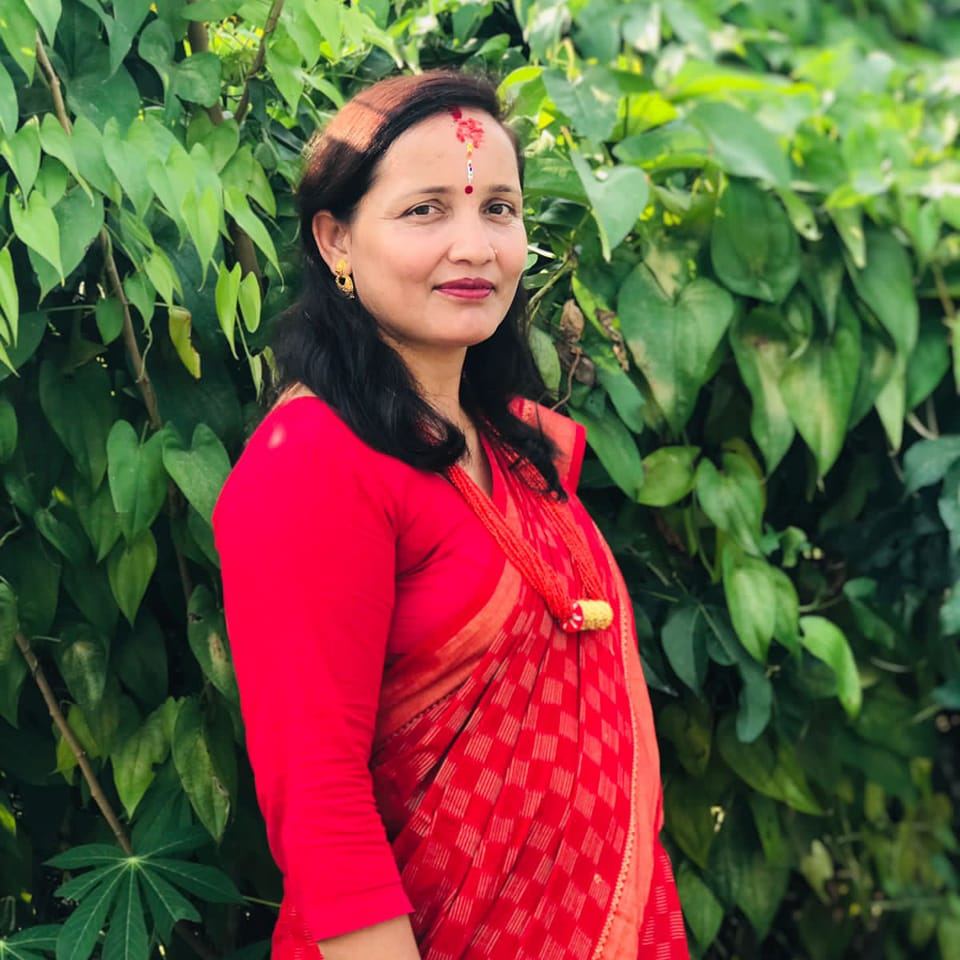
Ms. Parajuli was just like many other girls growing up in a rural village in Nepal. She got married at the tender age of 18, when she had just finished 12th grade. After marriage, she quit her studies and became a full-time homemaker—wake up before dawn, prepare meals for the family, take care of the kids, collect fodder, feed the cattle, tend the fields, and look after the in-laws.
It was not until September 2007 that things started to change. Heifer International Nepal was implementing a project in Khudunabari VDC, Jhapa, in partnership with Abhiyan Nepal and that is when she first heard about the Heifer project. Her husband encouraged her to step out of the house and participate in the project. When she first joined the women's group, she was the only one who knew how to read and write. She used to prepare minutes of the meeting and assist with the official documentation. Later she was chosen as the secretary of the group.
Things were just getting started. When there was a female candidacy announcement to fulfill the 35% quota for female members, her friends, and colleagues encouraged her to apply for the candidacy and she got selected as the chairperson of the organization. At first, people did not take her seriously; she had a difficult time dealing with people. But as time passed by, she found her way to deal with them.
In 2017, she ran for the local election and was elected as a ward member. With a greater role, comes great responsibility. She was actively involved in implementing different projects at the ward level. She was engaged with community people regularly. She was earning recognition and respect from the community. People were noticing her involvement, dedication, and commitment, and that’s what made the difference for her. In 2022, she won the election and was appointed the Deputy Mayor of Arjundhara Municipality.
Recognizing women’s impact on the development

For development to succeed, first we need to empower and encourage the people who will eventually take the lead to transform society. Personal development and social cohesion are essential for long-term development. Therefore, we need to provide people with a solid foundation, proper training, mentoring, and support for holistic development.
Half of the world’s population is women. Given the opportunities and available resources, women can contribute to the country's economic, social, and political development, leading to a more equitable and prosperous society. To achieve sustainable development and create a just and inclusive community, promotion of women’s empowerment and gender equality is essential. Women should be able to identify their priorities, develop their solutions, and take ownership of the development process. Women’s involvement in locally led development, such as including women in community meetings and decision-making processes, providing training and support for women's leadership, and creating economic opportunities for women is essential for effective, sustainable, and equitable development.




 18.12°C Kathmandu
18.12°C Kathmandu

